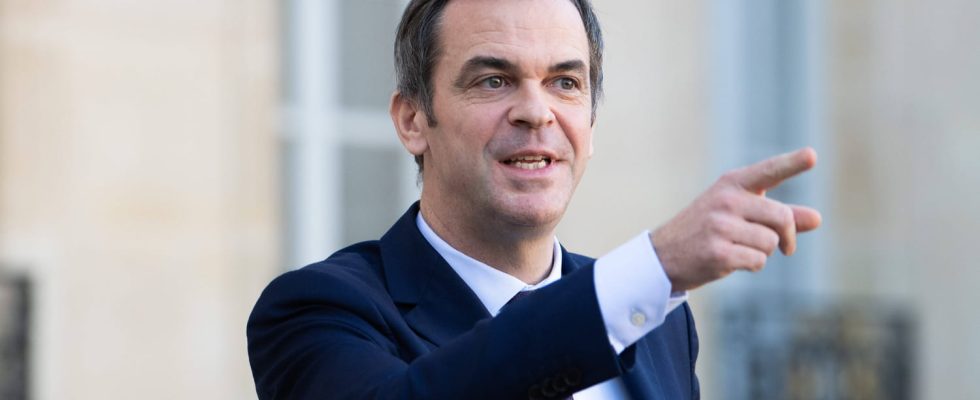Faced with the rise of individualism, government spokesperson Olivier Véran declares that he does not want a nation that operates “à la carte”. He claims to have “a lot of expectations” from the meeting with the nation desired by Emmanuel Macron.
A “remedy against individualism”, this is how the government sees the meeting with the nation promised by Emmanuel Macron. Executive spokesperson Olivier Véran assured that he had “a lot of expectations” regarding this new political initiative from the head of state. “Today, we consume à la carte, it’s Netflix, it’s Amazon. We communicate and express ourselves à la carte with social networks. But there is something that should not work à la carte : it’s the nation”, he said on the set of RMC-BFMTV this Thursday, January 4.
These elements of language echo those of Emmanuel Macron when he explained to World, on December 8, wanting to “maintain the unity of the country” during this meeting with the French. “The nation is our past history, our current history, a base of common values which binds us to each other”, added Olivier Véran, implicitly evoking the ambition to remake civilization and conversely that of fighting against “decivilization” diagnosed by the Head of State himself: “The nation is not lost, nor made obsolete in global consumerism, it is what makes everything else possible.”
An announcement effect or real results?
The umpteenth political initiative led by the President of the Republic, this meeting with the nation leaves some commentators doubtful. Previous events of this kind, such as the great national debate or the citizens’ climate convention, have not had much of an impact on people’s minds with their results. Each has, however, had concrete effects according to the government spokesperson, convinced that the meeting with the nation will also bear fruit. During the great debate “two million French people spoke out” and political decisions were taken as a result, notably the adoption of an “emergency bill”, but also “the activity bonus, the payment of pensions food for single mothers, automatic payment” quoted Olivier Véran pell-mell.
Continuing his plea, the minister recalled that after the various citizens’ conventions or the Saint-Denis Meetings with the leaders of the opposition, several measures have been taken or are in progress: “the end of thermal vehicles and measures against thermal sieves”, but also “a huge project on decentralization and deconcentration”, a forthcoming referendum on the status of Corsica, another on the status of New Caledonia or even a referendum on the inclusion of abortion in the Constitution. Enough to convince of the scope of the future meeting with the nation?
